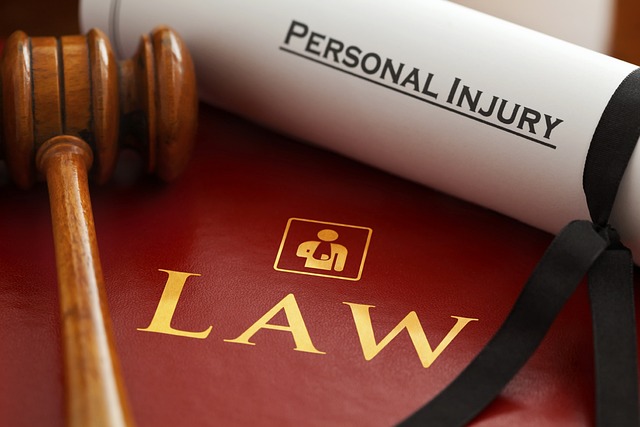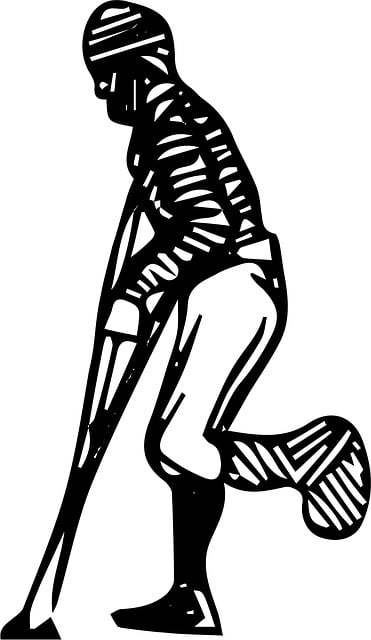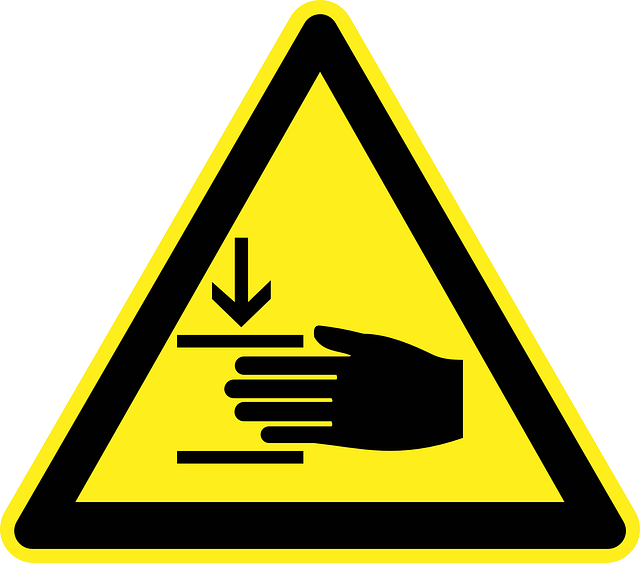Personal injury law is a vital legal field for individuals harmed due to someone else's negligence or wrongdoing. It provides a framework for victims to seek compensation for their injuries and related financial losses. Central to this practice is the concept that those responsible for injuries caused by careless, reckless, or intentional actions must be held accountable. Personal injury law encompasses various types of incidents, including car accidents, medical malpractice, slip and fall cases, and product defects. A successful personal injury claim requires proof of a duty of care breached by the defendant, direct causation linking this breach to the plaintiff's injuries, and evidence of the damages incurred. The timely documentation and reporting of injuries and adherence to statutes of limitations are critical. Given the complexity of personal injury cases, consulting an experienced attorney is advisable to protect rights and secure fair compensation. In 2022, advancements in personal injury law highlighted the evolving role of technology in litigation, particularly with autonomous vehicles. Courts increasingly consider manufacturer liability for tech malfunctions and have expanded compensatory damages for long-term disabilities or chronic pain. Expert witnesses play a crucial role in personal injury cases by providing specialized knowledge that clarifies technical aspects and establishes accountability. Understanding personal injury law is essential for anyone involved in such disputes, as it empowers individuals to navigate the system effectively and achieve just outcomes.
Navigating the complexities of personal injury law can be a daunting task for anyone faced with the aftermath of an injury. This comprehensive guide delves into the intricacies of personal injury law, from understanding its foundational principles to grasping the nuances that affect individual cases. With a focus on recent legal developments and pivotal court rulings, the article illuminates how these factors shape current practices in this field. It also provides practical advice for those who must engage with the system, detailing the necessary steps following an injury and offering strategies for dealing with insurance companies. From choosing the right attorney to understanding the impact of state-specific laws, this guide aims to equip readers with the knowledge they need to navigate their personal injury claims effectively. Whether you’re seeking information on medical malpractice, slip and fall liability, or the intricacies of comparative fault, this article serves as a valuable resource for anyone interested in personal injury law.
- Understanding Personal Injury Law: A Comprehensive Guide
- Recent Developments and Key Cases Shaping Personal Injury Law
- Navigating Personal Injury Claims: Steps to Take After Suffering an Injury
- The Role of Expert Witnesses in Personal Injury Litigation
Understanding Personal Injury Law: A Comprehensive Guide

Understanding personal injury law is pivotal for individuals who have suffered harm due to someone else’s negligence or wrongdoing. Personal injury law provides a legal framework for victims to seek compensation for their injuries, losses, and damages. At the heart of this field is the principle that those who cause injuries through carelessness, recklessness, or intentional acts should be held accountable for the harm they’ve caused. This area of law encompasses a wide range of scenarios, from car accidents and medical malpractice to slip and fall incidents and product liability cases.
To navigate personal injury law effectively, one must grasp the elements that constitute a valid claim. Generally, a plaintiff must prove that the defendant owed them a duty of care, breached this duty, and as a result caused their injuries. The nature and extent of the injuries, along with quantifiable damages such as medical expenses, lost wages, and future care needs, are critical factors in determining the compensation due to the injured party. Additionally, statutes of limitations dictate the time frame within which a lawsuit must be filed, making legal action time-sensitive. Engaging with an experienced personal injury attorney is advisable to ensure that one’s rights are protected and that they receive fair compensation for their suffering. Understanding the nuances of personal injury law is not just about legal principles; it’s about knowing your rights and how to assert them in the face of adversity.
Recent Developments and Key Cases Shaping Personal Injury Law

Personal injury law has seen a number of significant developments and landmark cases that have shaped its trajectory over the past year. A notable trend is the increasing focus on technological advancements, particularly in cases involving software malfunctions or hardware defects. For instance, recent litigation has addressed liability issues related to autonomous vehicle accidents, with courts grappling with novel questions about manufacturer responsibility and the extent of liability when human operators are not present.
Furthermore, the judicial landscape for personal injury claims has been marked by decisions that expand the scope of compensation available to plaintiffs, particularly in cases involving long-term disability or chronic pain. Key cases have also redefined the standards for proving causation and damages, with courts emphasizing a more victim-centric approach. These developments underscore the importance for individuals involved in personal injury disputes to stay informed about the evolving legal landscape, as recent case law can significantly impact both their rights and the potential outcomes of their claims.
Navigating Personal Injury Claims: Steps to Take After Suffering an Injury

When confronted with a situation where you’ve sustained an injury due to someone else’s negligence or wrongdoing, navigating the complexities of personal injury law becomes imperative. The immediate steps you take can significantly influence the outcome of your claim. Firstly, it is crucial to document the incident thoroughly. Take photographs of the accident site and your injuries. Preserve any medical records and treatment notes. These serve as vital evidence in substantiating your claim under personal injury law.
Secondly, seek prompt medical attention for your injuries. A comprehensive record of medical evaluations and treatments not only aids in your recovery but also provides a timeline that can be referenced in your case. After receiving initial medical care, consult with an attorney specializing in personal injury law to discuss the specifics of your situation. An experienced legal representative can guide you through the process of filing a claim, navigating insurance company dealings, and determining the fair compensation you are entitled to under personal injury statutes. They will also advise on the importance of avoiding discussing your case with parties not involved in your representation, as this could potentially compromise your claim. By taking these steps methodically, you position yourself favorably in pursuing justice and compensation for your personal injury ordeal.
The Role of Expert Witnesses in Personal Injury Litigation

Personal injury law is a specialized field where expert witnesses play a pivotal role in litigation. These specialists provide critical insights that can influence the outcome of a case. Their expertise, ranging from medical professionals to accident reconstruction experts, helps clarify complex technical aspects that are often at the heart of personal injury disputes. For instance, a medical expert might elucidate the extent of an individual’s injuries and their long-term implications, while an engineer could demonstrate how an accident occurred and who was at fault. These witnesses offer objective evidence that can be decisive in determining liability and assessing damages. Their testimony is essential for ensuring that the legal proceedings reflect a clear understanding of the situation, thereby upholding justice and fairness for all parties involved in personal injury litigation.
In conclusion, navigating the complexities of personal injury law requires a blend of knowledge and strategic action. The recent developments and landmark cases underscore the ever-evolving nature of this legal field. For those who find themselves within its purview, understanding the intricacies of personal injury litigation, including the critical role of expert witnesses, is paramount. This guide aims to illuminate these aspects, empowering individuals to make informed decisions in the event they are involved in an incident necessitating legal recourse. By staying abreast of the latest trends and case law in personal injury law, those affected can better protect their rights and seek appropriate compensation for their injuries.
